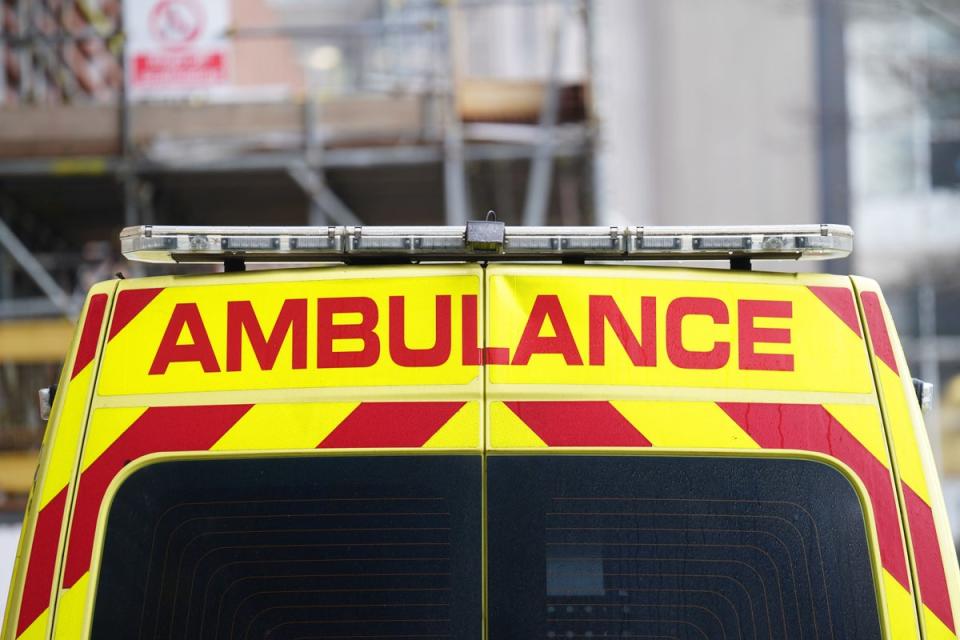Call volumes during ambulance strike drop again as Londoners heed NHS advice

Calls to the London Ambulance Service dropped again during the paramedics' strike earlier this week, according to new figures.
The service received nearly 100 fewer 999 calls on Monday, suggesting Londoners heeded advice to only call for an ambulance in a "life or limb" emergency.
But the drop was less steep than the previous two ambulance strikes, on December 11 and January 11, when the volume of calls fell by around a third and then 23 per cent respectively. LAS paramedics attended more face-to-face incidents on Monday than on both of the previous strike days.
Category One calls, including cardiac arrests, and serious Category Two calls for “life and limb conditions” — including strokes, heart attacks and sepsis — were still responded to during the strike.
Monday's strike involved thousands of paramedics, call handlers and drivers from the Unite, Unison and GMB unions. It was the third day of strike action held by paramedics in the capital in the past six weeks and comes as part of a bitter pay dispute with the Government.
Daniel Elkeles, chief executive of the LAS, told the Standard that he was "grateful to the support of the public who continued to use the 999 service wisely".
But he added: "This response is increasingly difficult to sustain. We all came into the NHS to provide great care for patients and want to focus on improving that care now we have emerged from the Covid pandemic. I hope that there can be a resolution to this soon.”
Talks between Health Secretary Steve Barclay and health unions collapsed earlier this month, with the unions accusing Chancellor Jeremy Hunt of withholding the funds needed for a pay rise.
Mr Barclay said he had held “constructive talks with unions about this coming year’s pay process for 2023/24” but branded the strikes “disappointing”.
Meanwhile, hospitals in London are facing their worst ever winter crisis amid record waits for treatment in A&E and for ambulances.
Nearly 10,000 Londoners waited over 12 hours for treatment in A&E last month – the highest figure on record.
And suspected stroke patients in the capital waited an average of nearly an hour and a half for an ambulance last month, also the worst figure on record.
Further strikes are planned in the coming weeks by nurses and other NHS workers with no sign that an agreement can be reached. However, there are currently no dates for further ambulance strikes in London by Unison members.
Planned strikes on February 6 are likely to be the biggest the NHS has ever experienced as nurses and ambulance workers walk out at the same time.
Dr Adrian Boyle, president of the Royal College of Emergency Medicine, said he was concerned that some vulnerable people who need support may not seek help during the strikes.
He told the Health and Social Care Committee: “We worry that there will be people who don’t want to make a fuss, who are desperate not to go into hospital and not to bother people.”

 Yahoo Sport
Yahoo Sport 





































